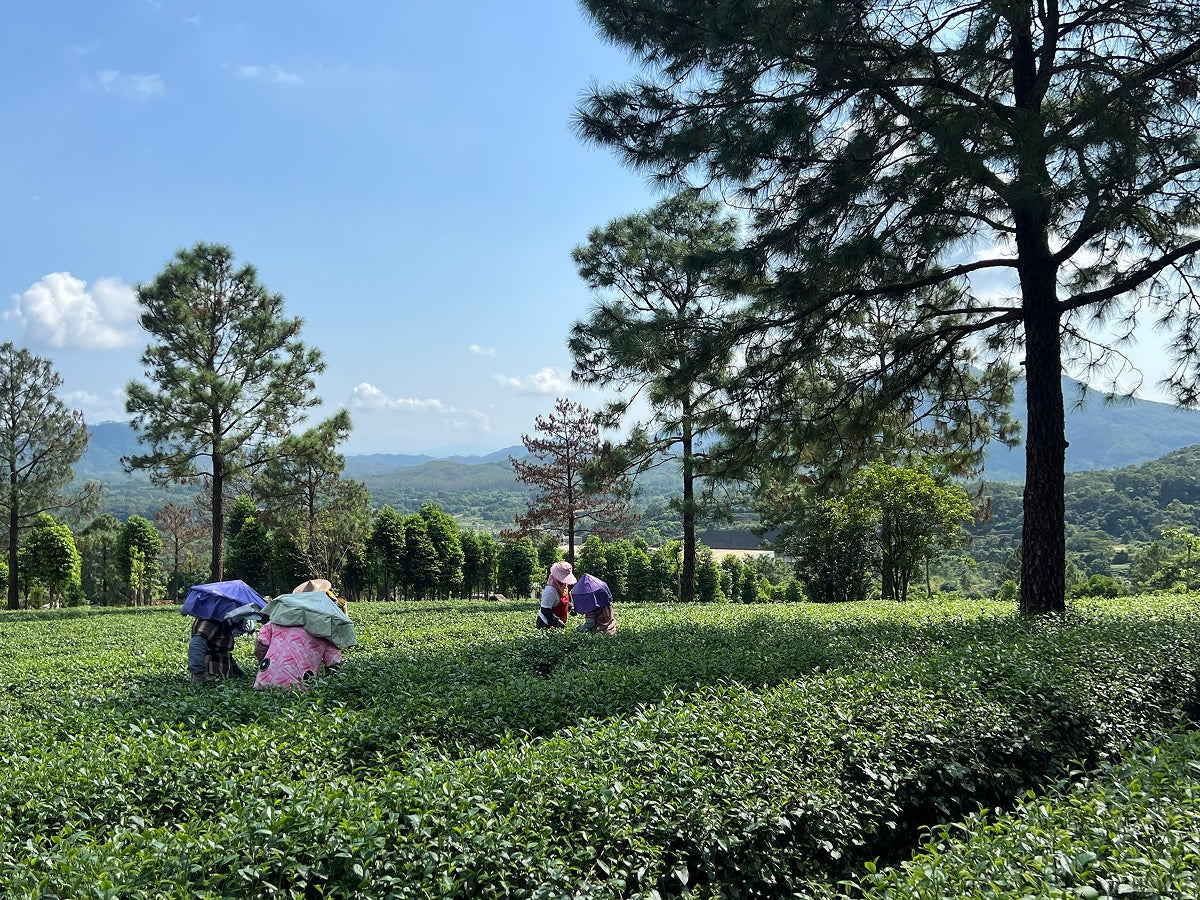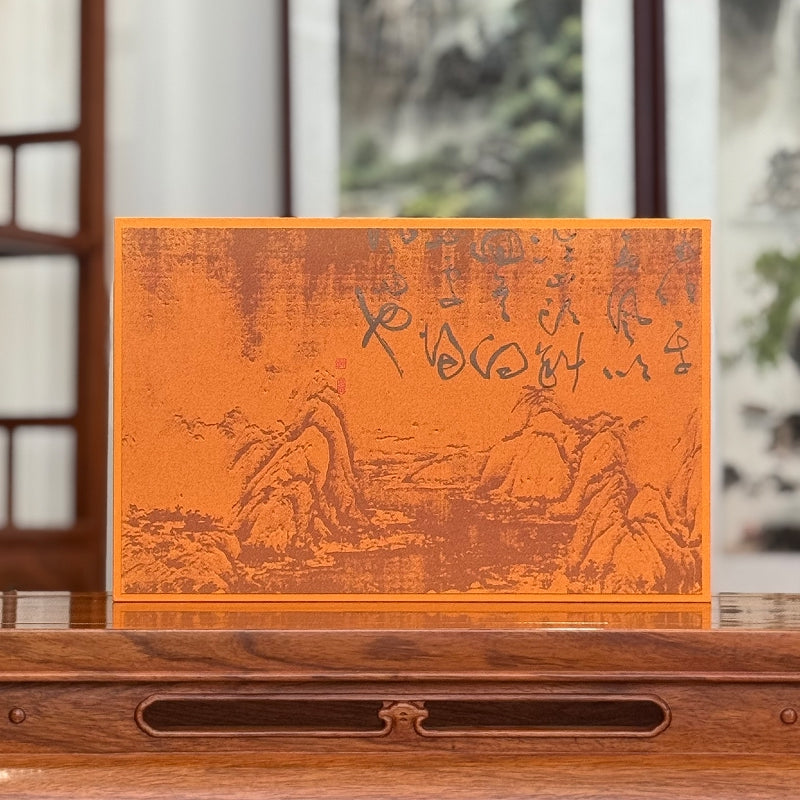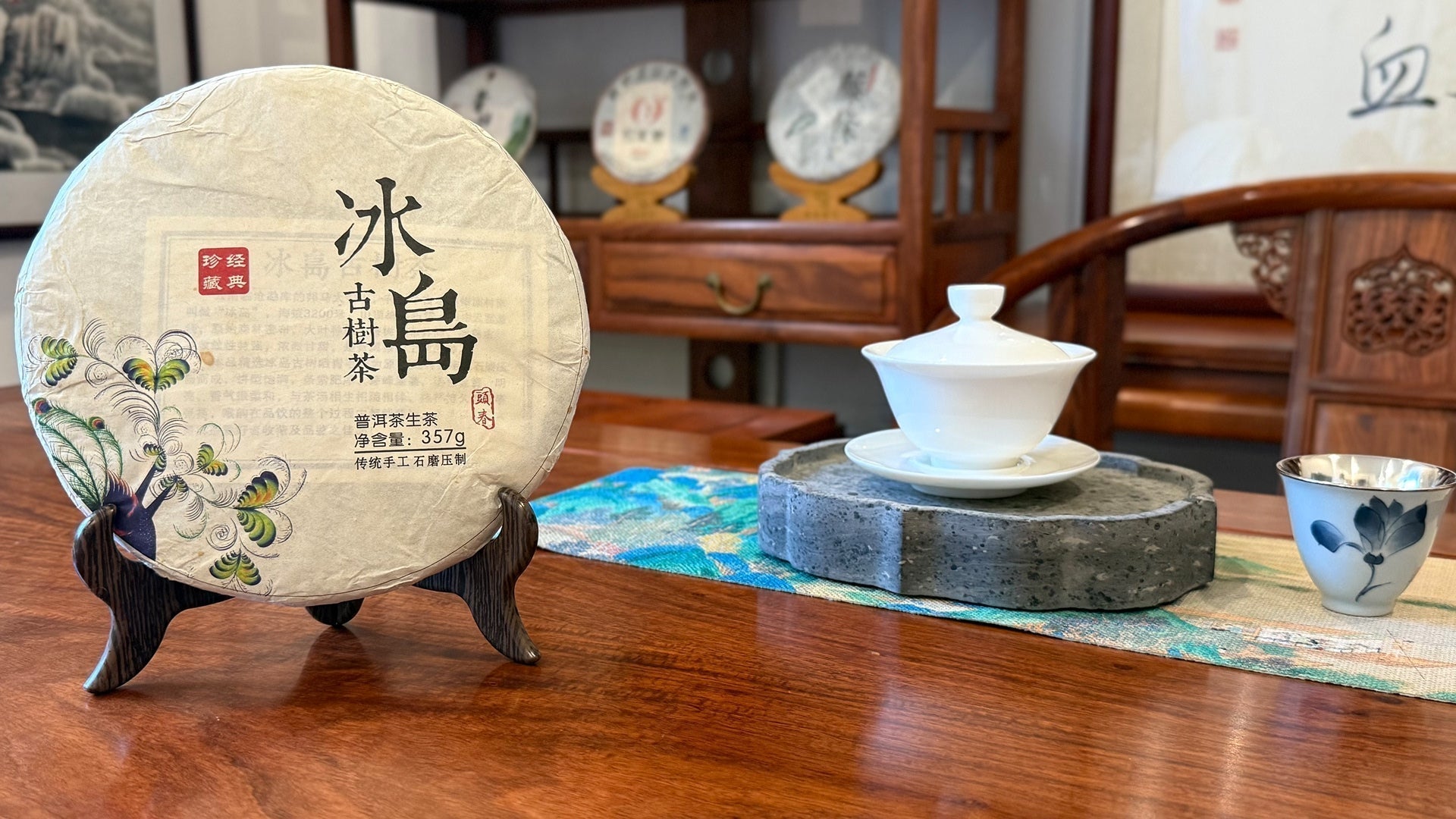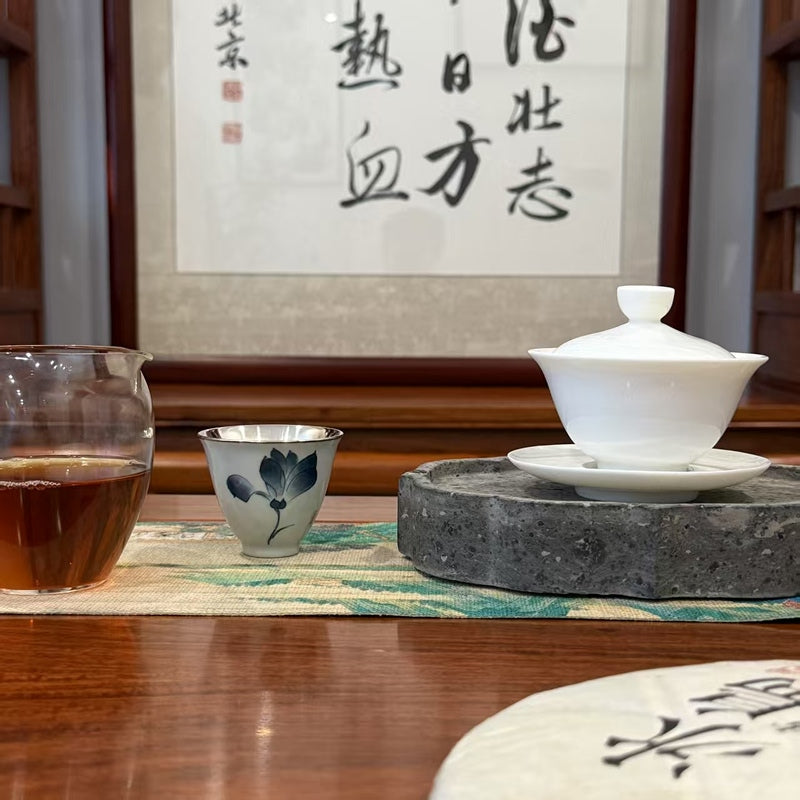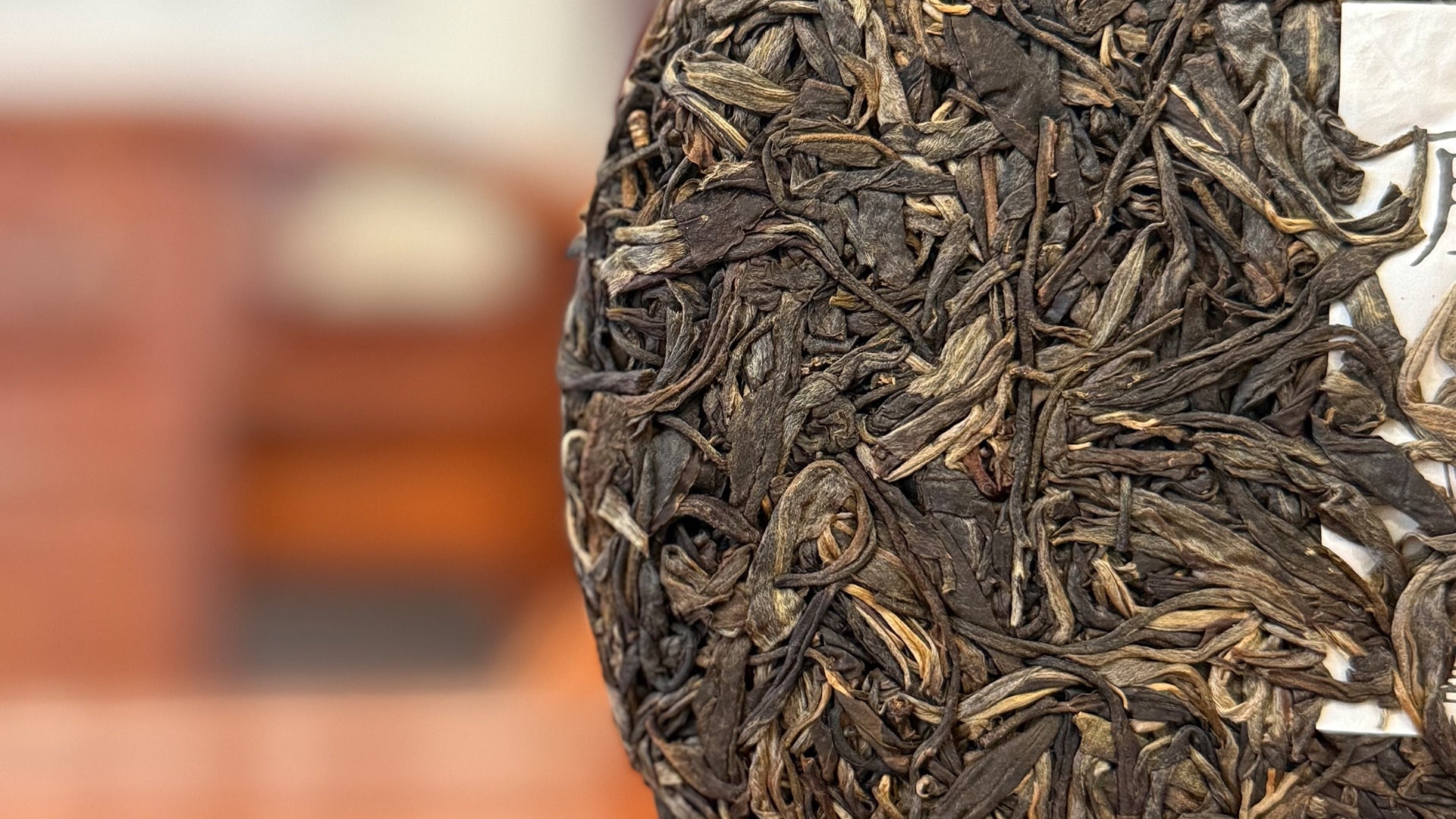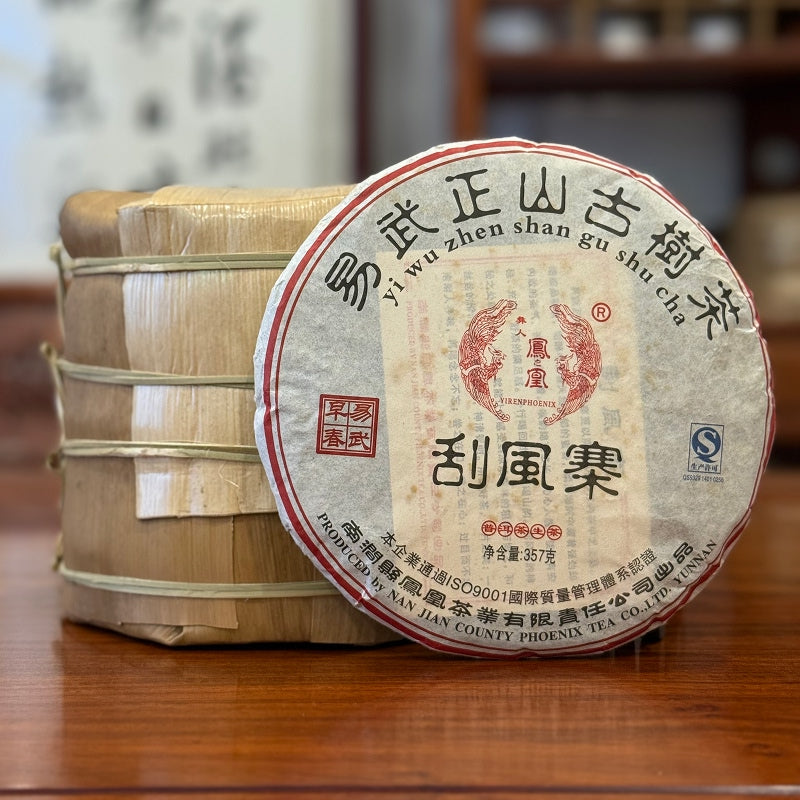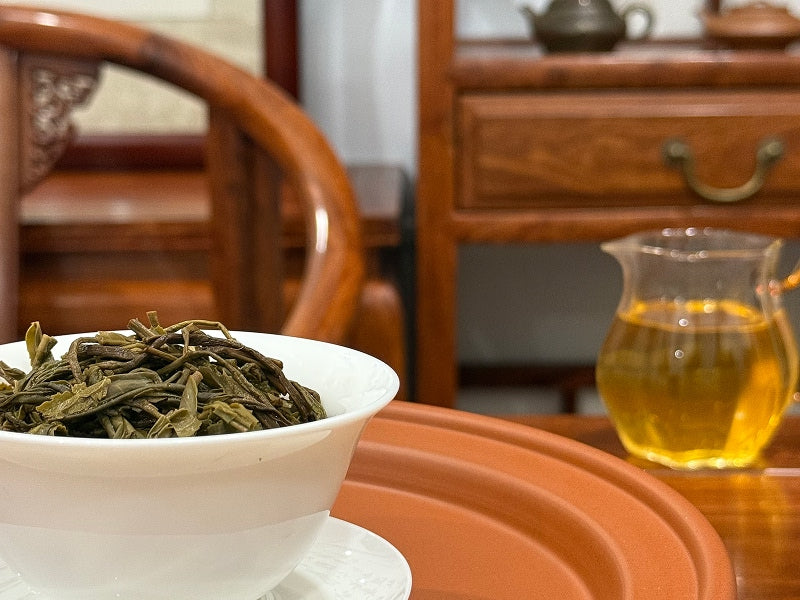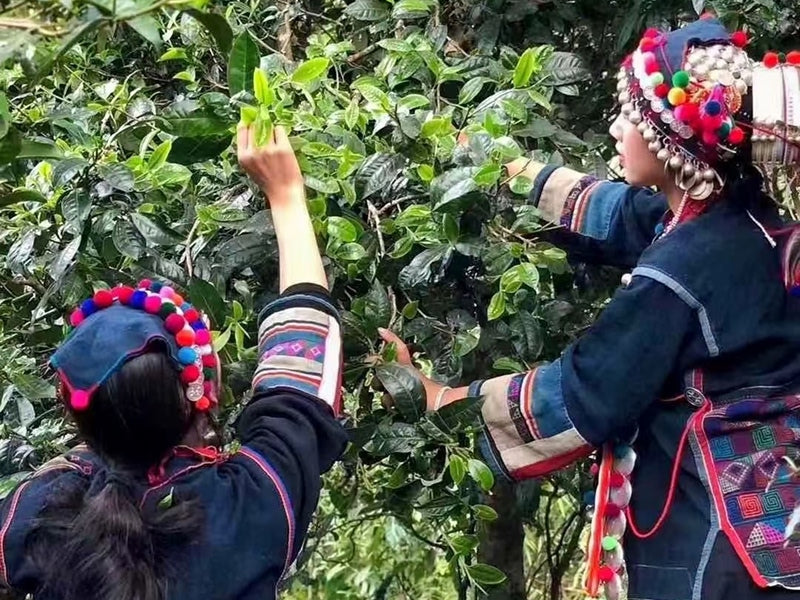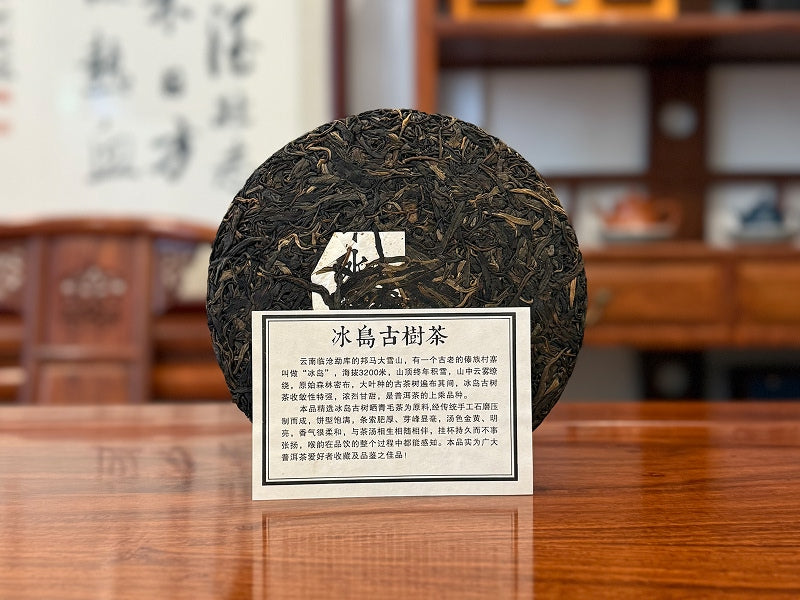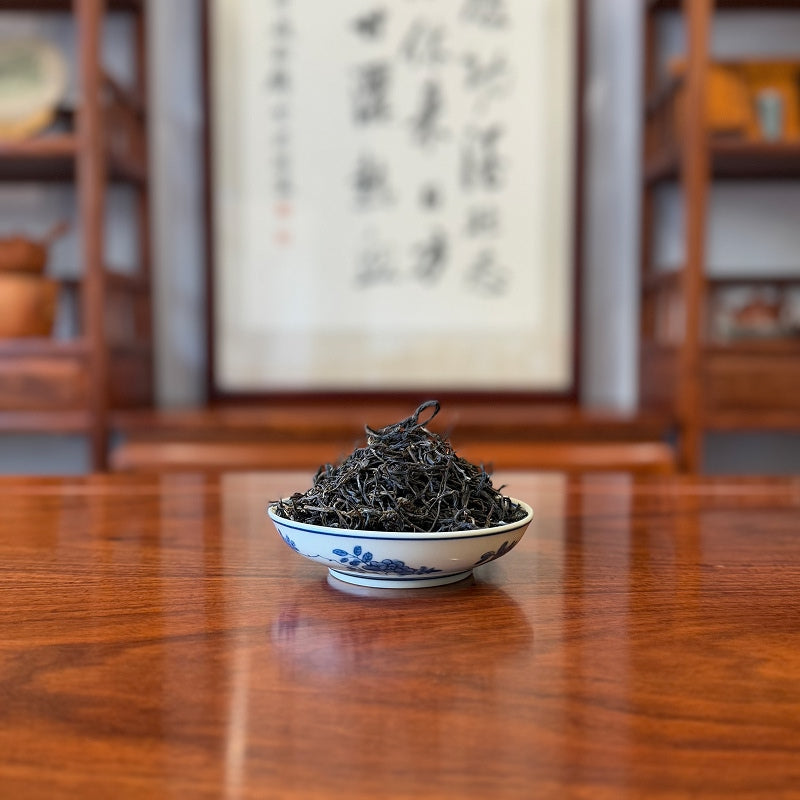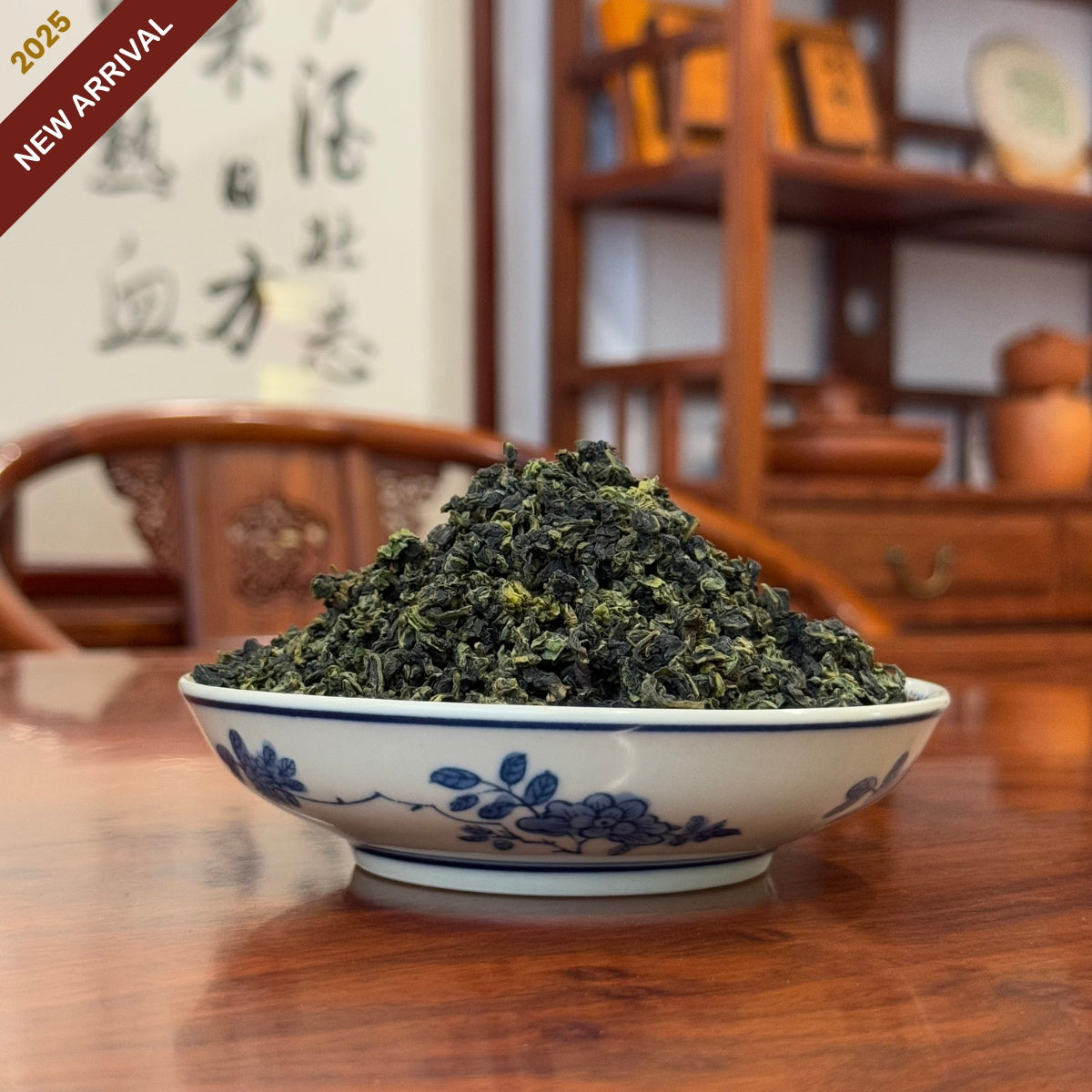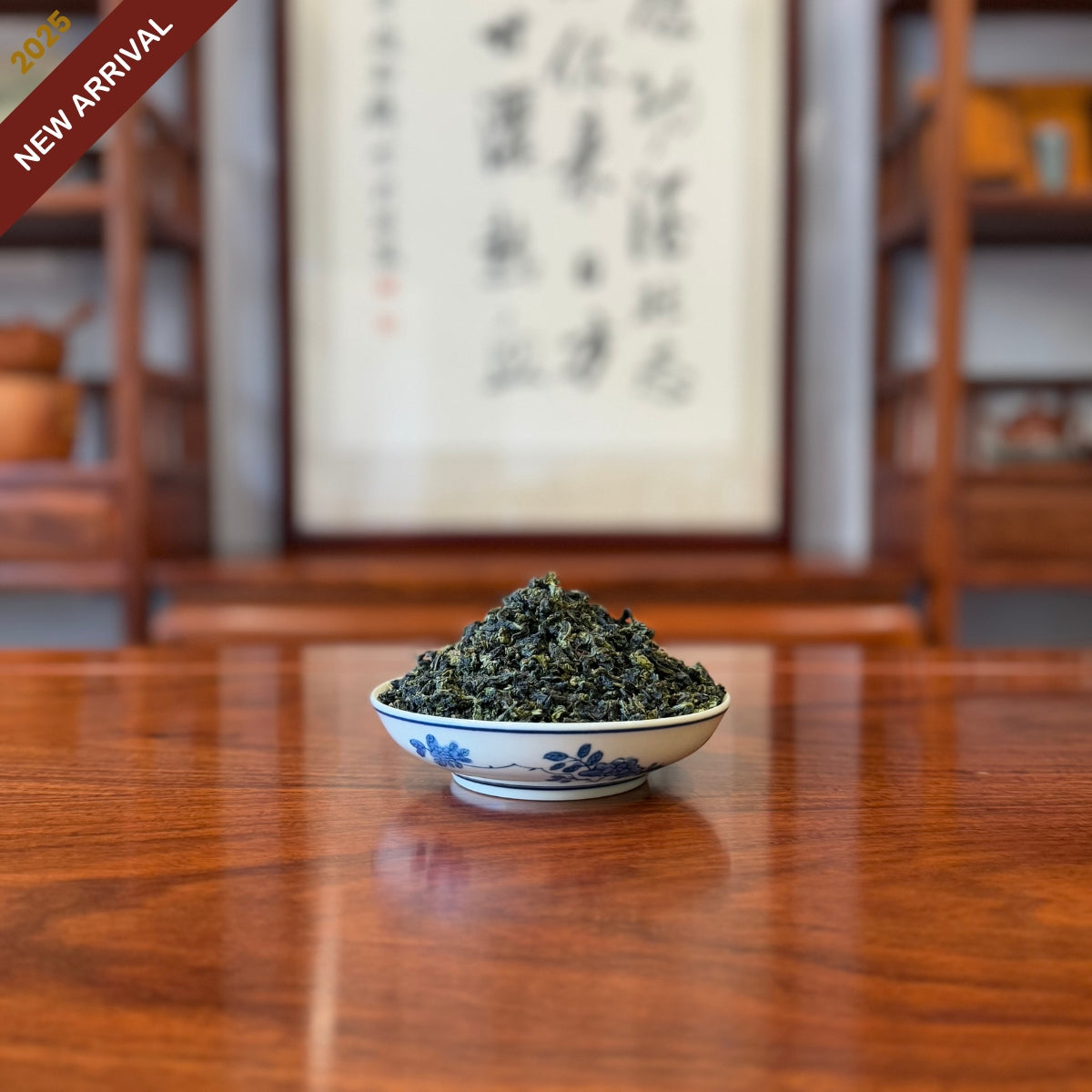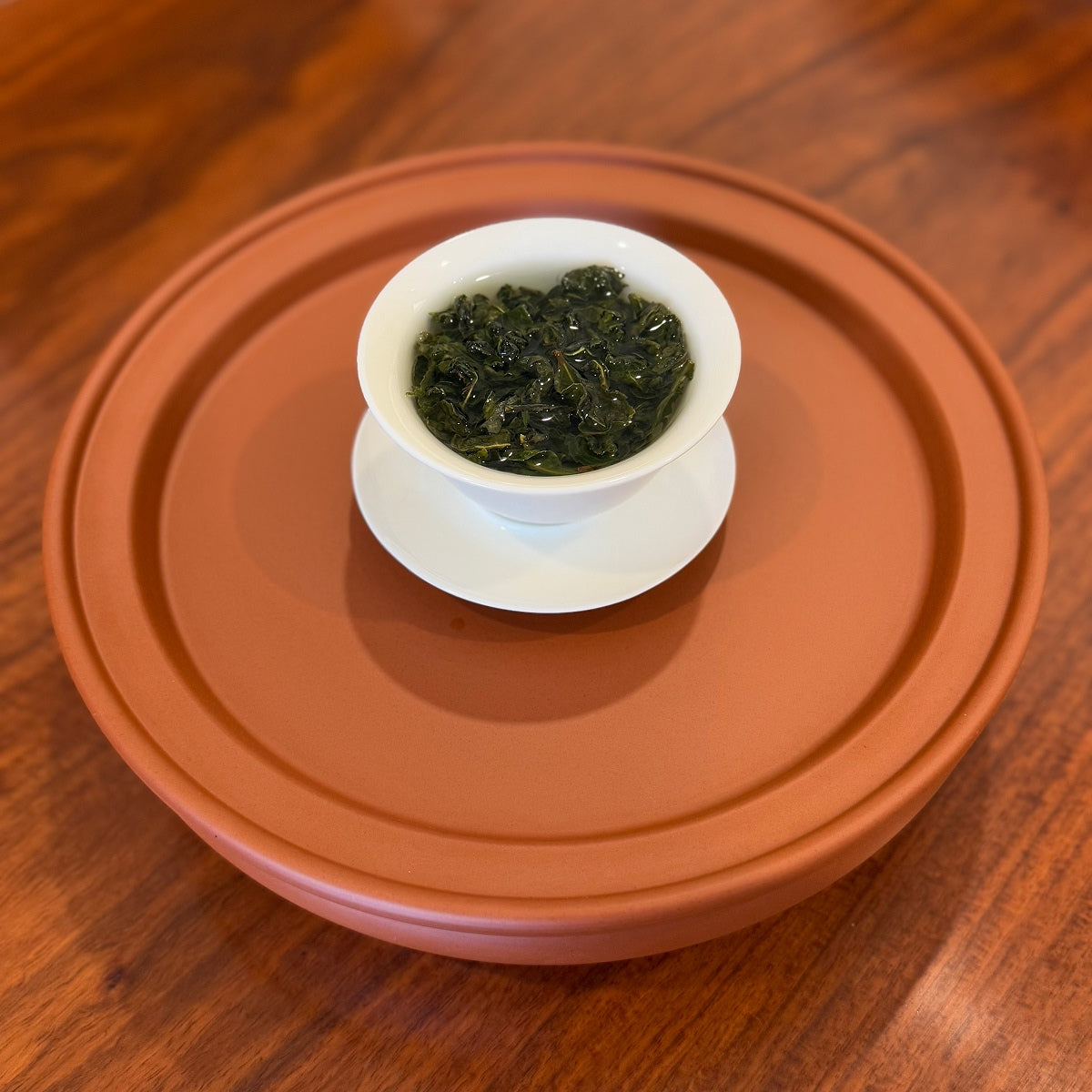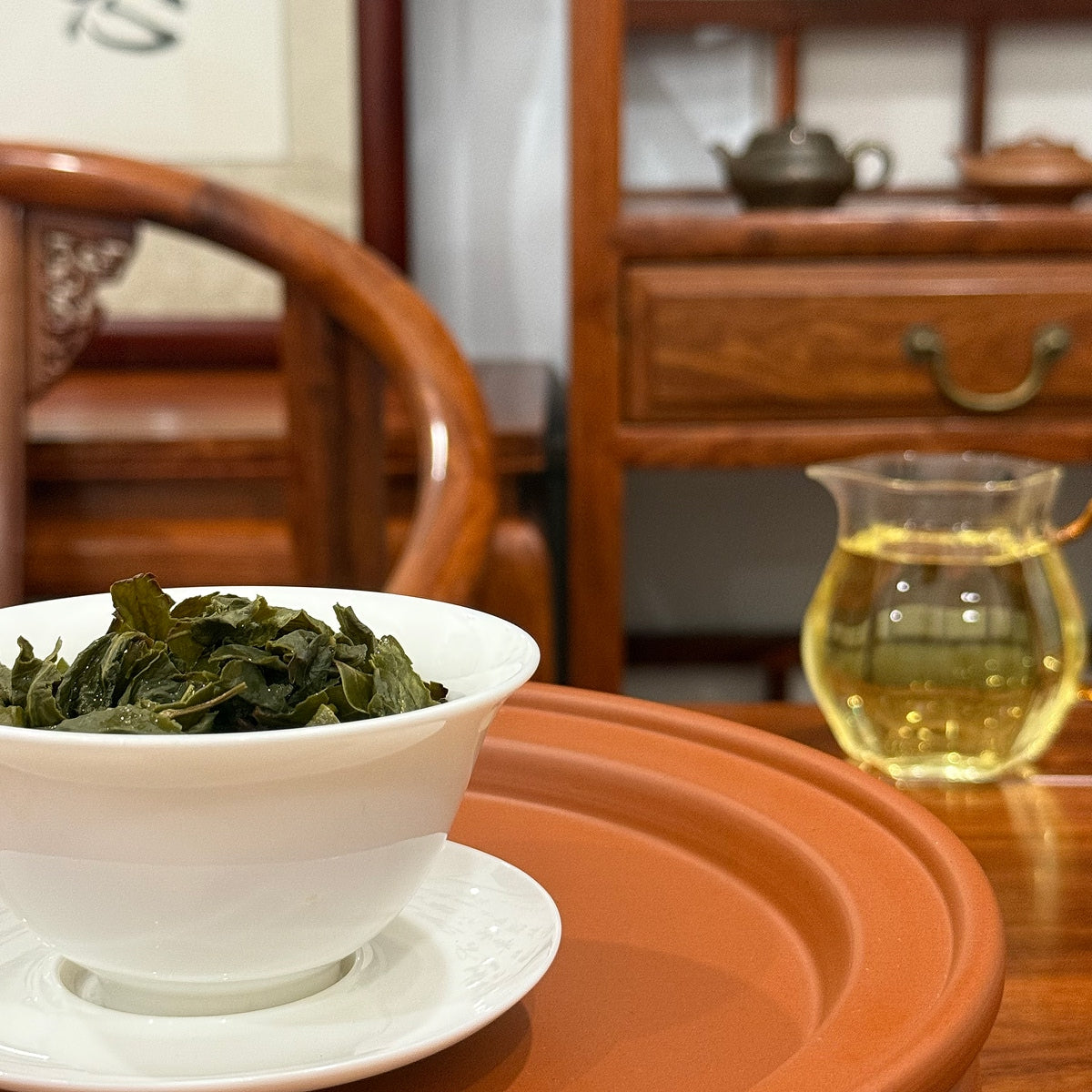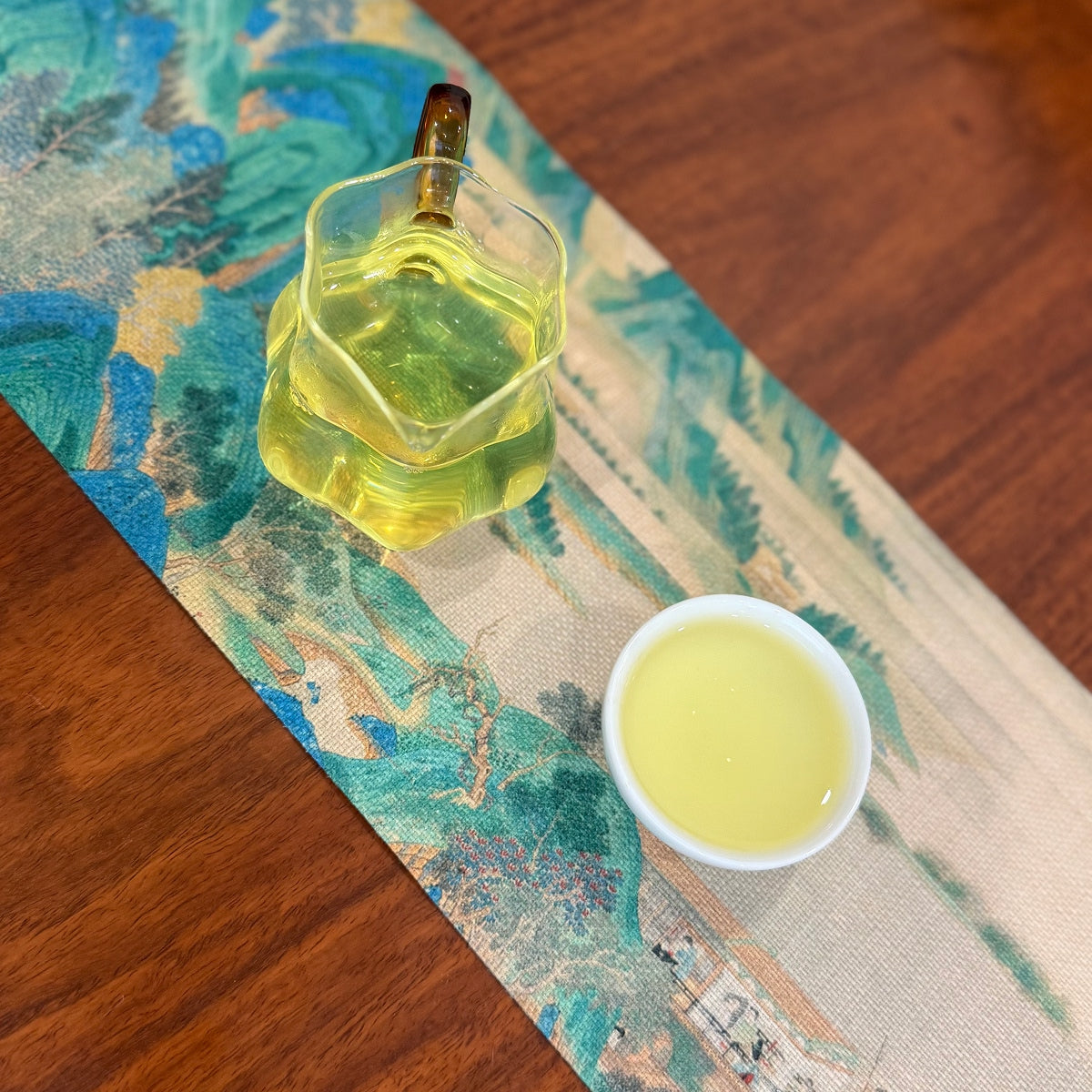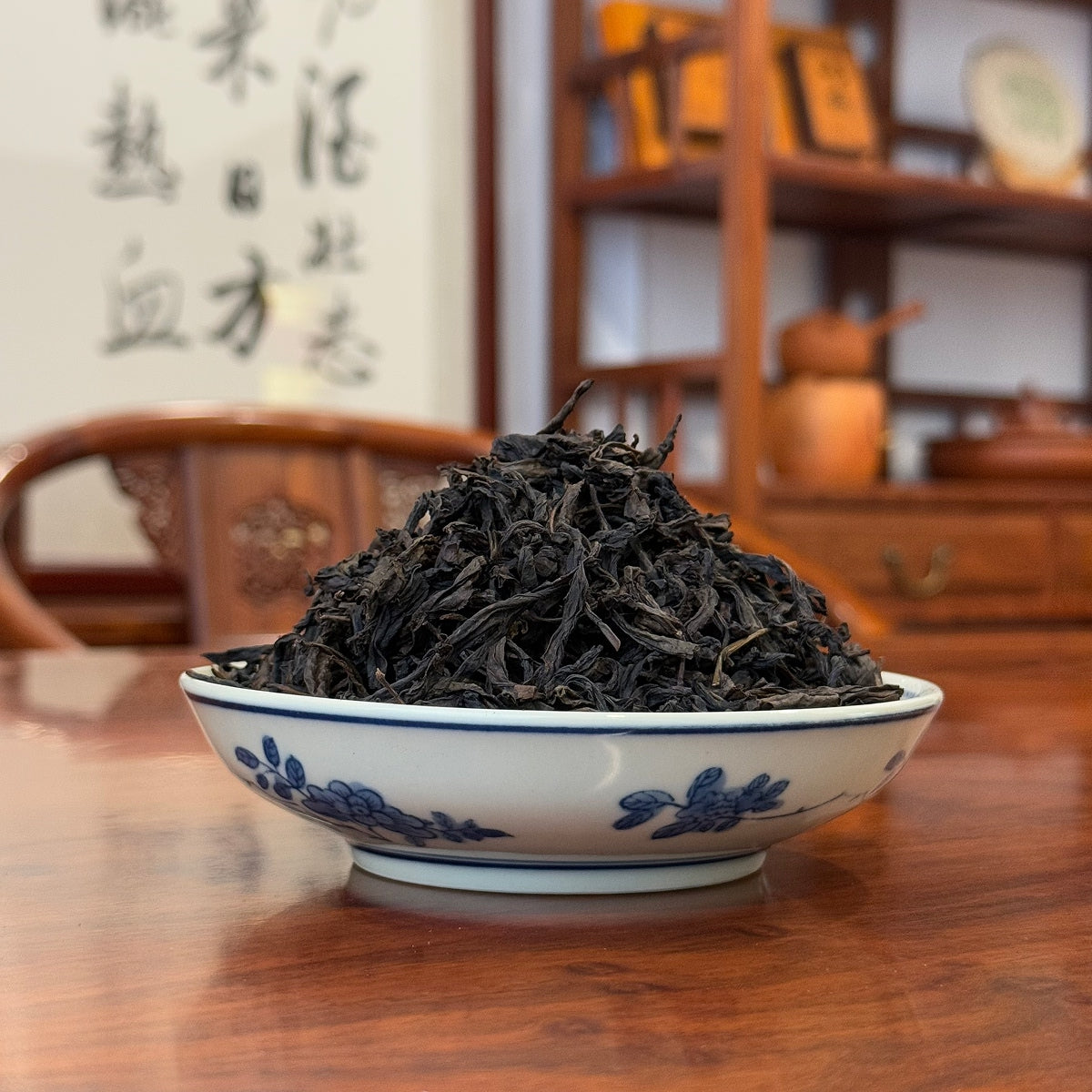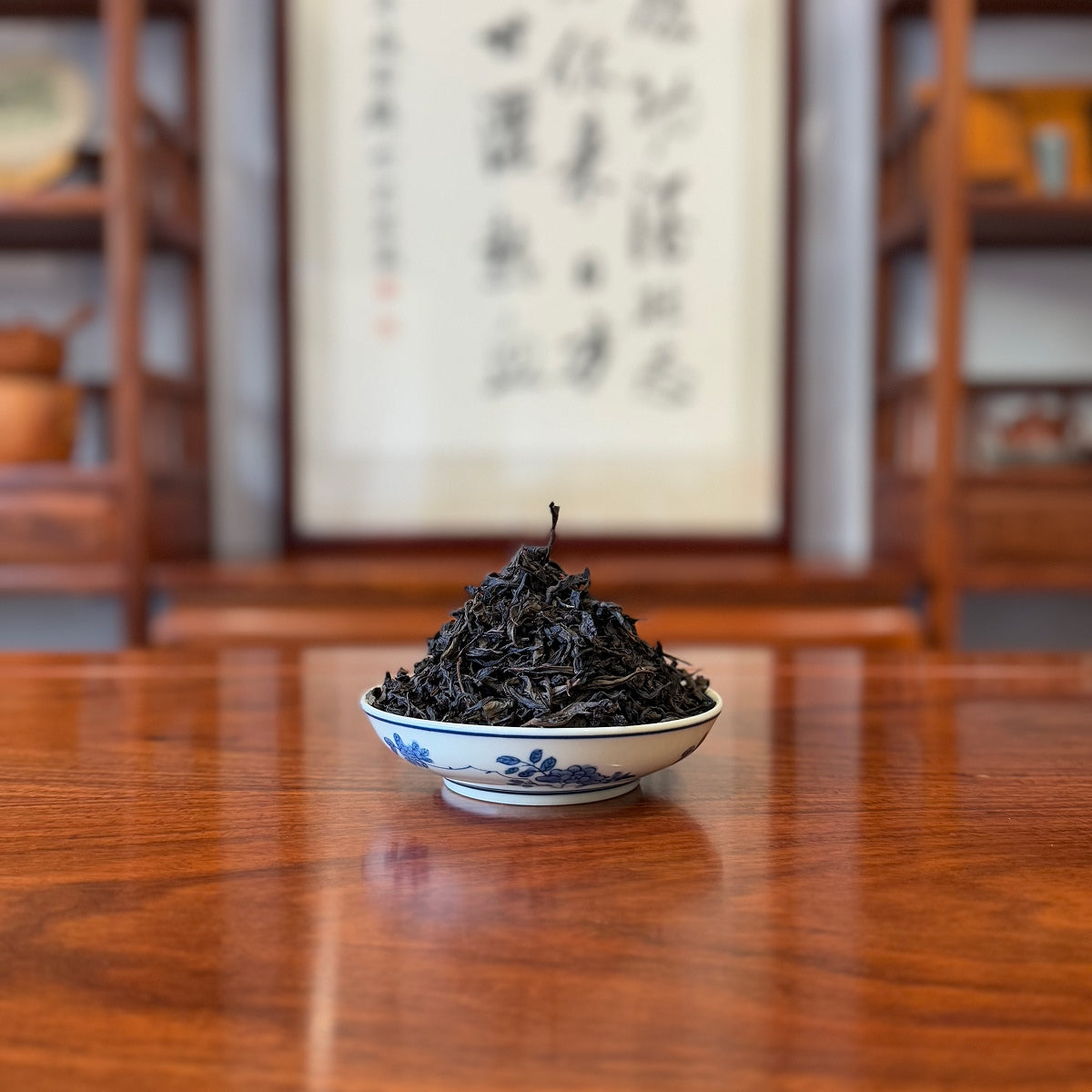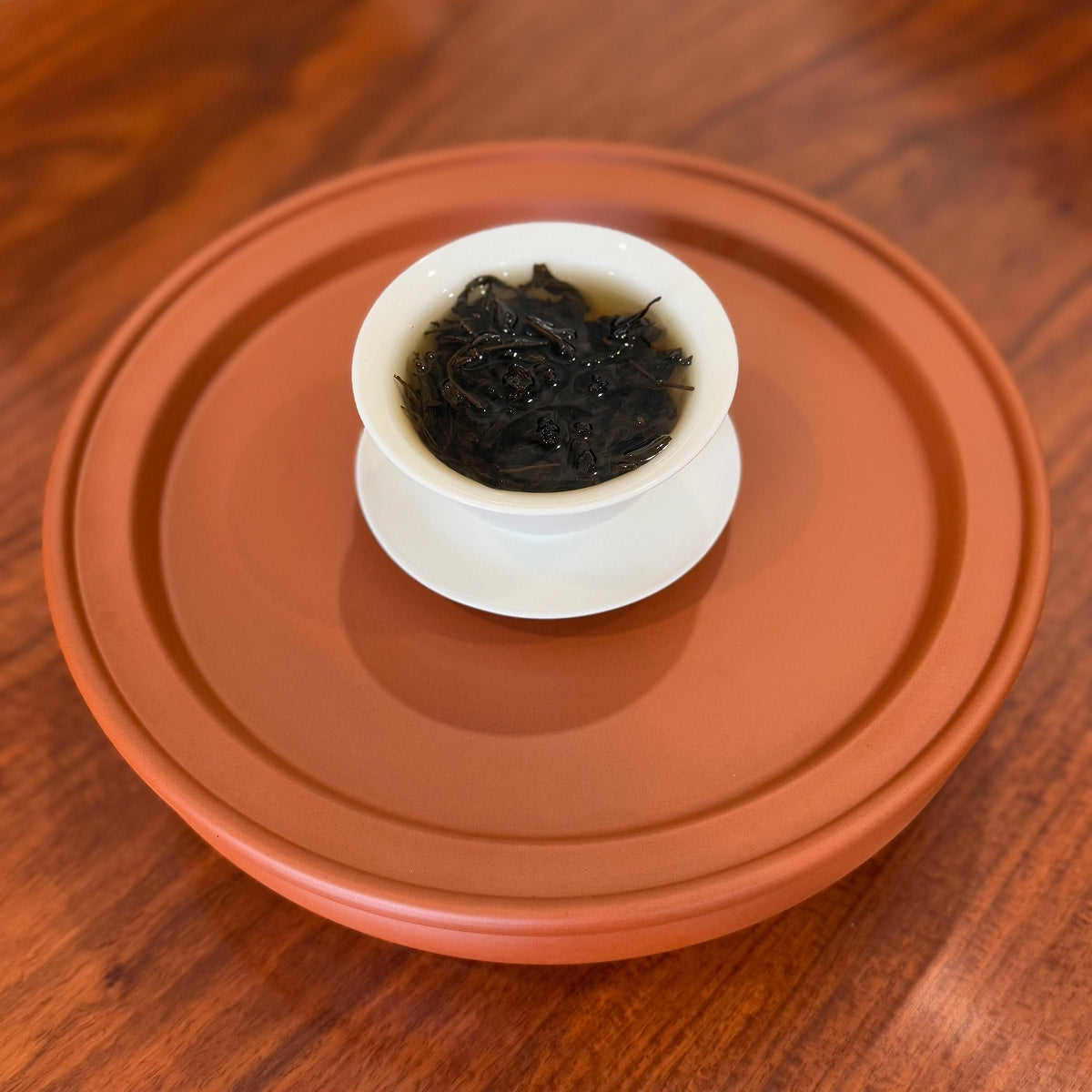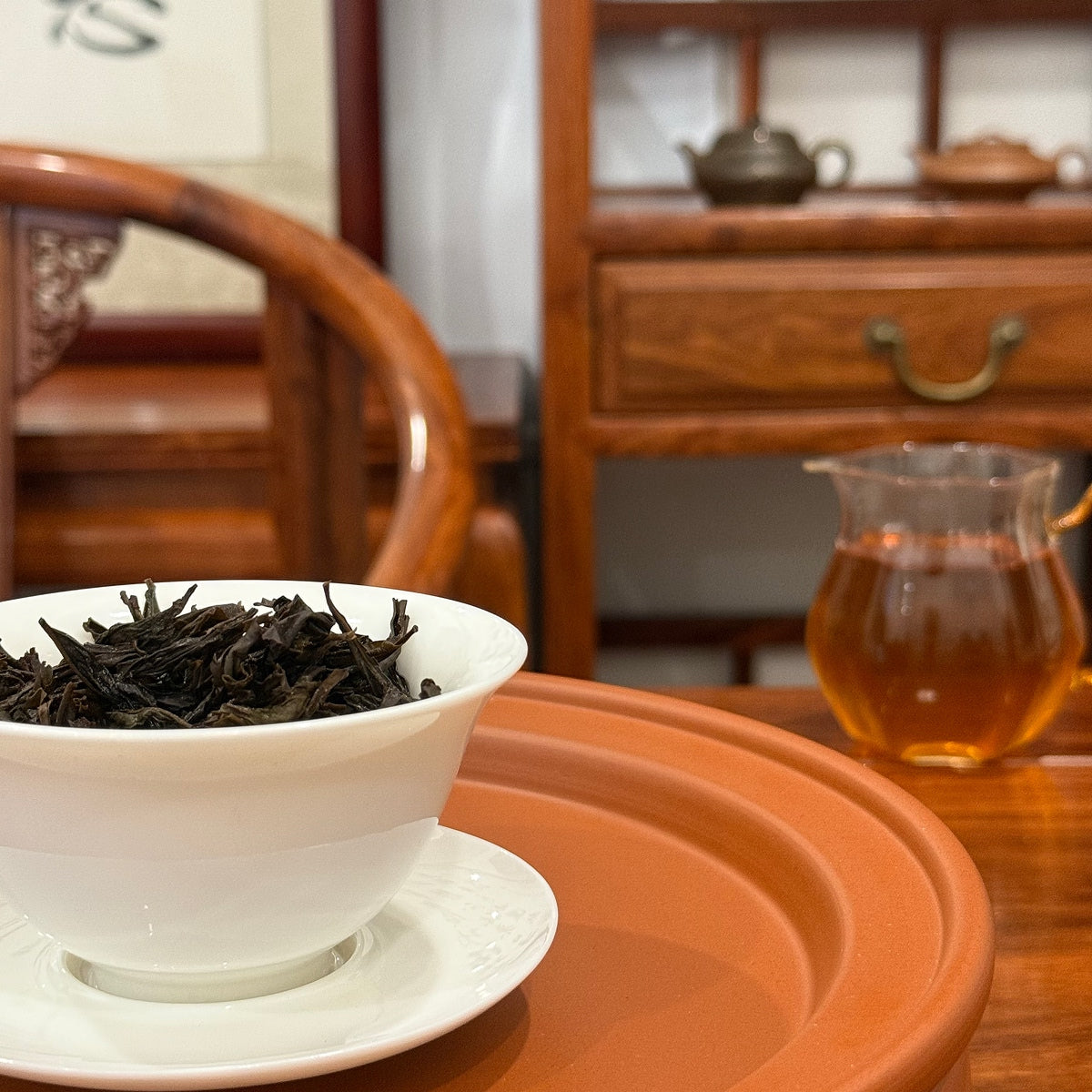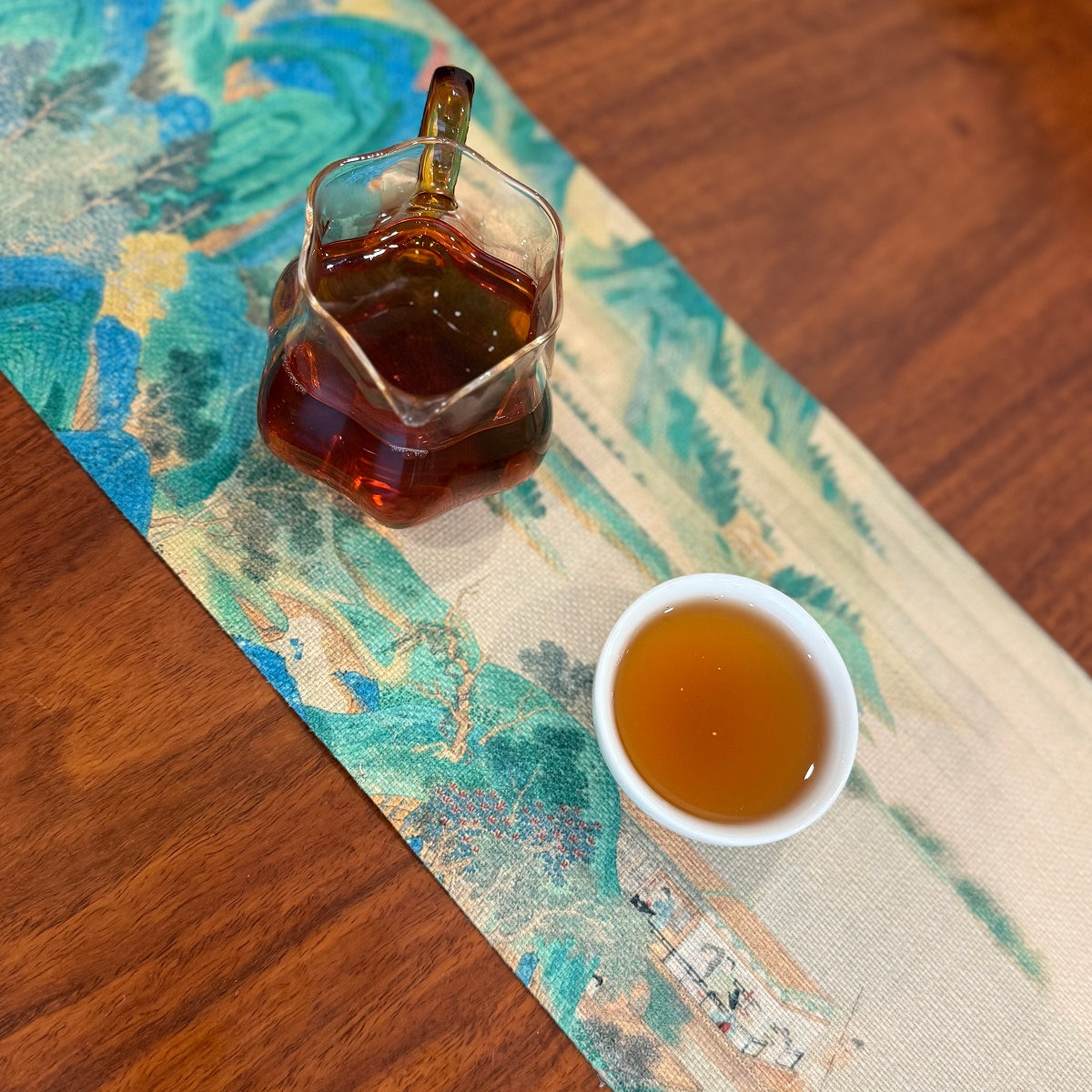Tea is one of the most cherished beverages in the world, and China stands at the heart of tea culture with its rich history and diverse varieties. Among the many types of tea available, Branded Tea and Farmer's Tea are two prominent categories that cater to different consumer preferences.
In this in-depth guide, we will explore the key differences between Branded Tea and Farmer's Tea, covering aspects such as production, quality control, market positioning, pricing, and cultural significance. By the end of this article, you will have a clear understanding of which type of tea suits your needs—whether you seek consistency and prestige or authenticity and tradition.

1. Introduction to Branded Tea and Farmer's Tea
What is Branded Tea?
Branded Tea refers to tea products manufactured and distributed by large-scale tea companies. Involve significant investment in production lines and professional management teams, boasting extensive market networks and strong brand influence.
Key characteristics of Branded Tea:
- Standardized production processes
- Strict quality control measures
- Widespread availability in supermarkets and online stores
- Higher pricing due to branding and marketing costs
- Often used as gifts due to elegant packaging
What is Farmer's Tea?
Farmer's Tea, also known as artisan tea or small-batch tea, is produced by individual farmers, family-owned tea gardens, or small cooperatives. These teas are often handmade using traditional methods passed down through generations.
Key characteristics of Farmer's Tea:
- Small-scale, artisanal production
- Minimal industrial processing
- Unique, region-specific flavors
- Often organic or pesticide-free
- Sold directly by farmers or through specialty tea shops

2. Production and Processing: Industrial vs. Traditional Methods
How Branded Tea is Produced
Large tea companies source raw tea leaves from multiple plantations or farmers. The leaves undergo industrial processing, which includes:
- Machine harvesting and sorting
- Automated withering, rolling, and oxidation
- Standardized fermentation (for teas like Pu-erh and black tea)
- Blending for consistent flavor profiles
- High-tech packaging for longer shelf life
This mass production ensures uniformity, making every batch taste nearly identical—ideal for consumers who prefer reliability.
How Farmer's Tea is Produced
In contrast, Farmer's Tea relies on traditional craftsmanship:
- Hand-picked leaves (often only the finest buds and young leaves)
- Sun-drying or charcoal roasting for enhanced aroma
- Small-batch processing to preserve terroir (regional characteristics)
- Minimal machinery use, retaining natural textures and flavors
- Often aged naturally (especially for Pu-erh and oolong teas)
Because of these methods, Farmer's Tea offers a more authentic and varied taste experience, appealing to tea connoisseurs.

3. Quality Control: Standardization vs. Artisan Expertise
Branded Tea’s Strict Quality Standards
Big tea companies implement rigorous quality control, including:
- Laboratory testing for pesticides and heavy metals
- Consistent flavor profiling
- Compliance with international food safety regulations
- Traceability systems to track tea origins
This ensures safe, reliable, and predictable tea products, ideal for health-conscious buyers.
Farmer's Tea: Trust in Tradition
Relies on the farmer's experience and traditional skills:
- Generational knowledge of tea cultivation
- Natural farming techniques (organic or wild-grown tea)
- Hand-selection of premium leaves
- Direct feedback from loyal customers
While Farmer's Tea may not always have certifications, many tea lovers prefer it for its purity and artisanal touch.

4. Market Positioning: Mass Appeal vs. Niche Market
- Branded Tea: Focuses on national and international markets. With strong brand effects and advertising, it quickly captures market share and attracts many consumers. Available in supermarkets, specialty stores, and online platforms, offering broad and convenient channels.
- Farmer's Tea: Sales are mainly in two parts: selling fresh leaves to brands for processing or producing finished products through authentic methods, sold directly to tourists and locals, or through trusted wholesalers.
5. Pricing: Why Branded Tea Costs More
- Branded Tea: Due to investments in production, processing, packaging, and marketing, prices are typically higher. Often purchased as gifts in China, chosen for their exquisite packaging and brand value.
- Farmer's Tea: Generally more affordable, but rare and high-quality teas from specific regions can be expensive. Targeted at those who appreciate authentic Chinese tea flavors and cultural experiences.

6. Which One Should You Choose?
Choose Branded Tea If You Prefer:
✔ Consistent taste and quality
✔ Convenient purchasing options
✔ Certified safety standards
✔ Elegant packaging for gifting
Choose Farmer's Tea If You Value:
✔ Unique, artisanal flavors
✔ Direct support for small farmers
✔ Organic and traditional processing
✔ Cultural and historical tea experiences
7. Conclusion: Both Have Their Place in Tea Culture
The debate between Branded Tea vs. Farmer's Tea isn’t about which is better—it’s about personal preference and purpose.
- Branded Tea offers reliability, convenience, and global accessibility.
- Farmer's Tea provides authenticity, tradition, and a deeper connection to tea origins.
At Chinese Tea Group, we bridge both worlds by sourcing high-quality Farmer's Tea directly from trusted growers while ensuring professional packaging and global distribution. Whether you seek the prestige of branded teas or the rustic charm of farmer-produced teas, there’s a perfect cup waiting for you.

Final Thoughts
If you’re exploring Chinese teas, we recommend trying both Branded and Farmer's Tea to appreciate their differences. For premium loose-leaf teas straight from family farms, explore our loose leaf teas collection here.

